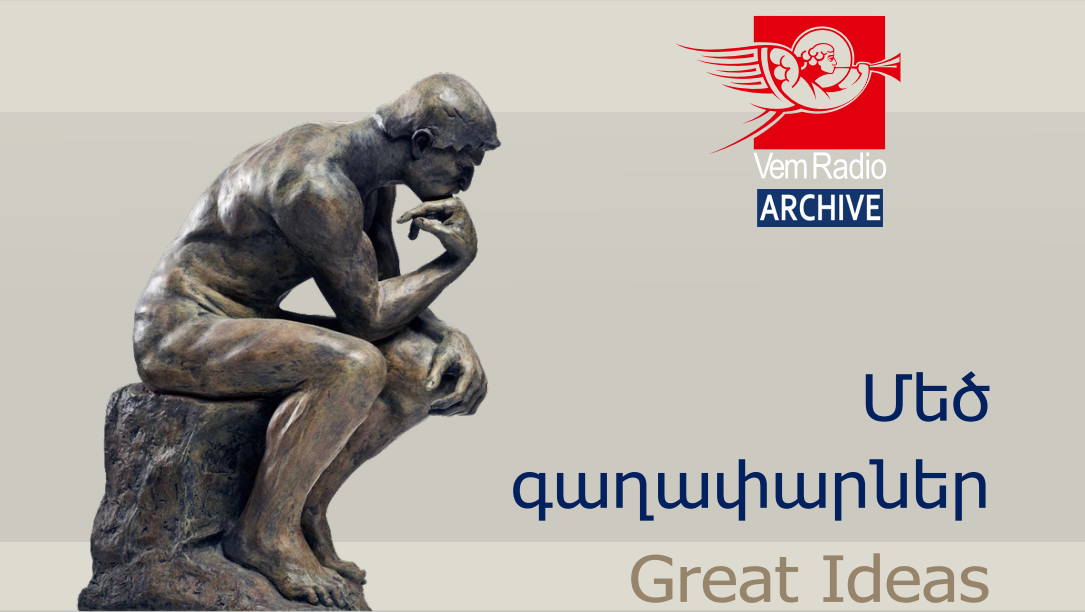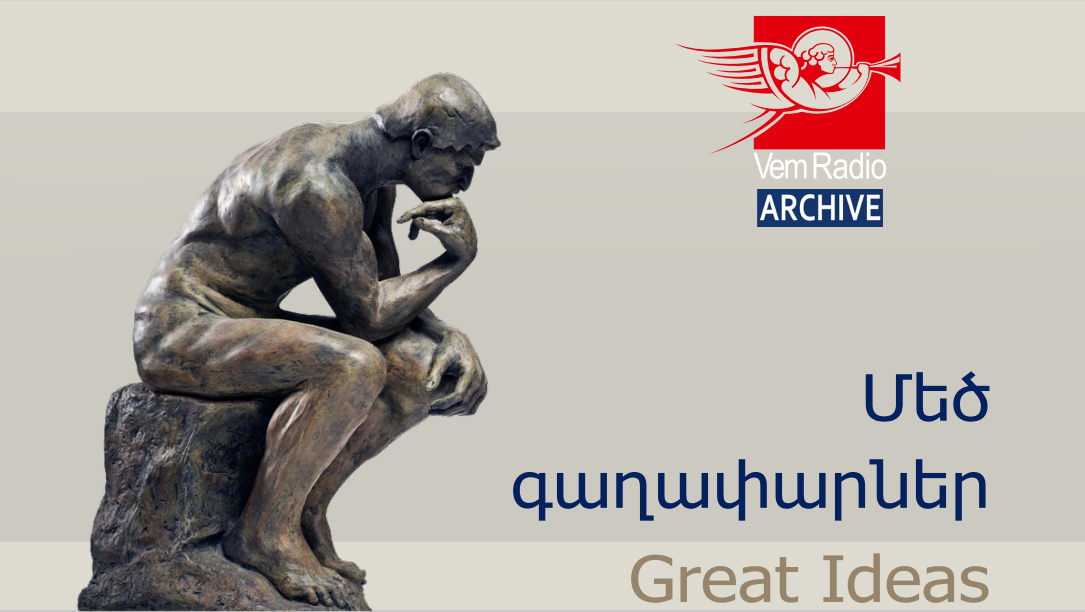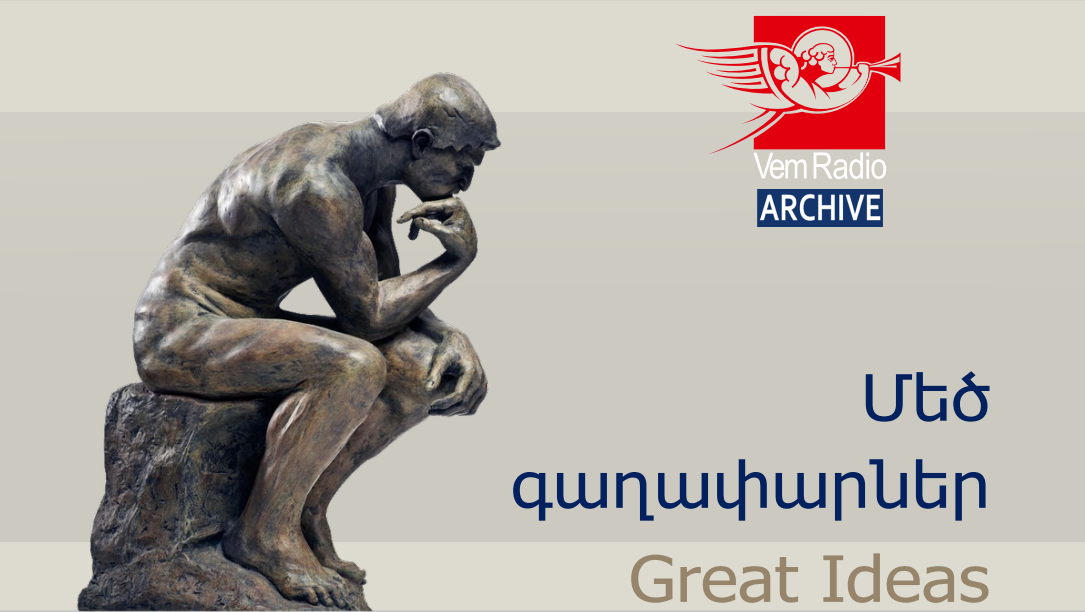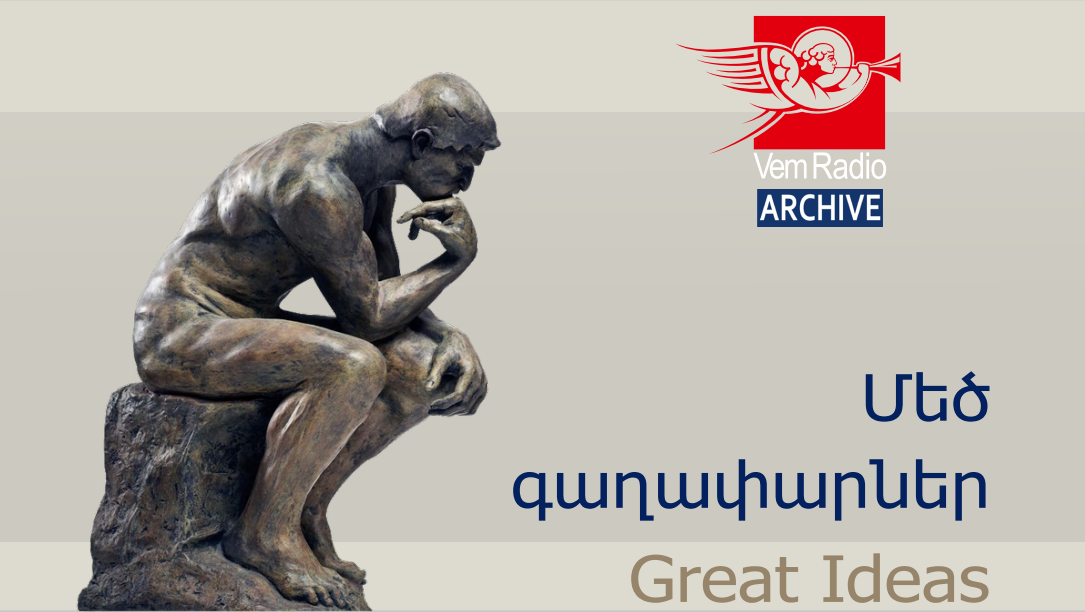
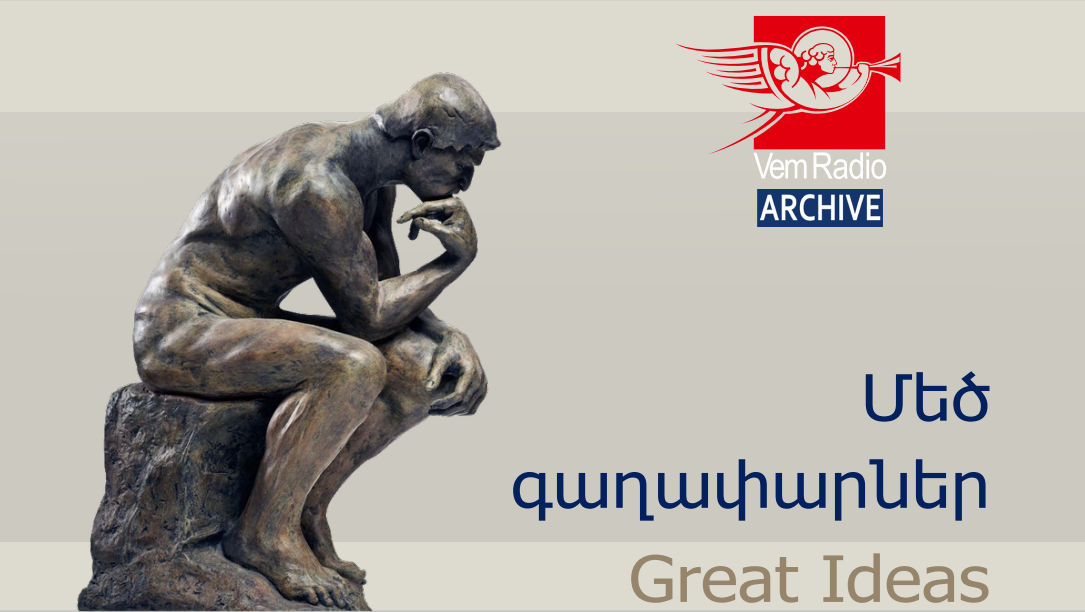
Great Ideas
"No army can be compared with the power of an idea whose time has come." French writer Victor Hugo understood that ideas born at a proper time produce ideas shattering the universe, ideas that are doomed to be great. But greatness can be of different nature: great and beautiful, great and ugly, great and scary. A great idea may have all these qualities, thus producing admiration, disgust, or fear. This radio program presents various great ideas.

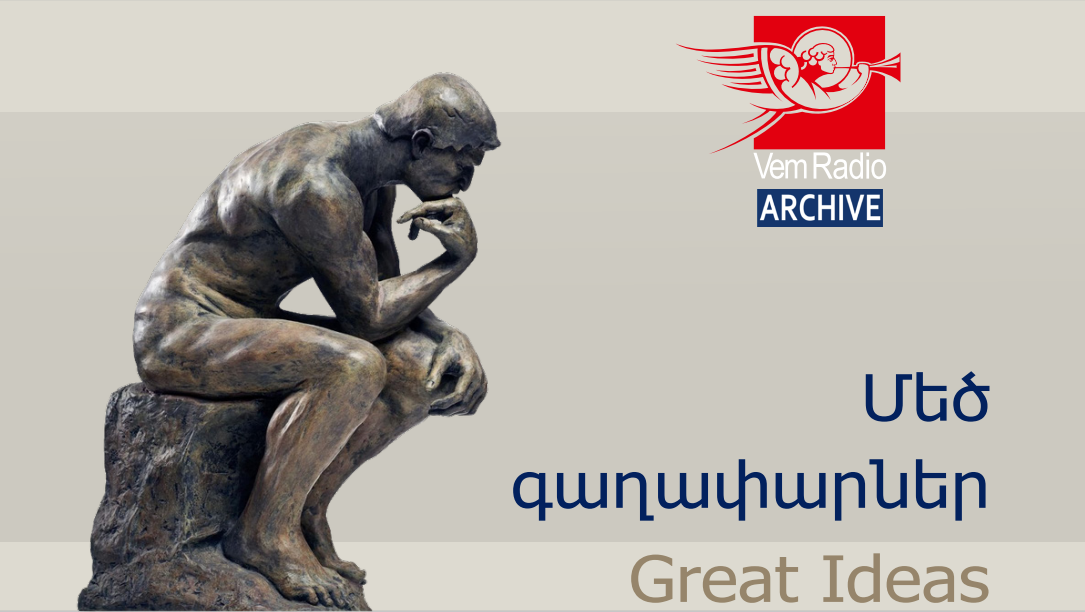
Evil
Bad people do bad things, and if people and their actions are really bad, we call them "evil." You can also use other words – immoral, perverse – all of which characterize the same state of violation of moral limits. But the word "evil" also has an additional meaning, a certain metaphysical connotation, acquired as a result of centuries-old associations with religious concepts.

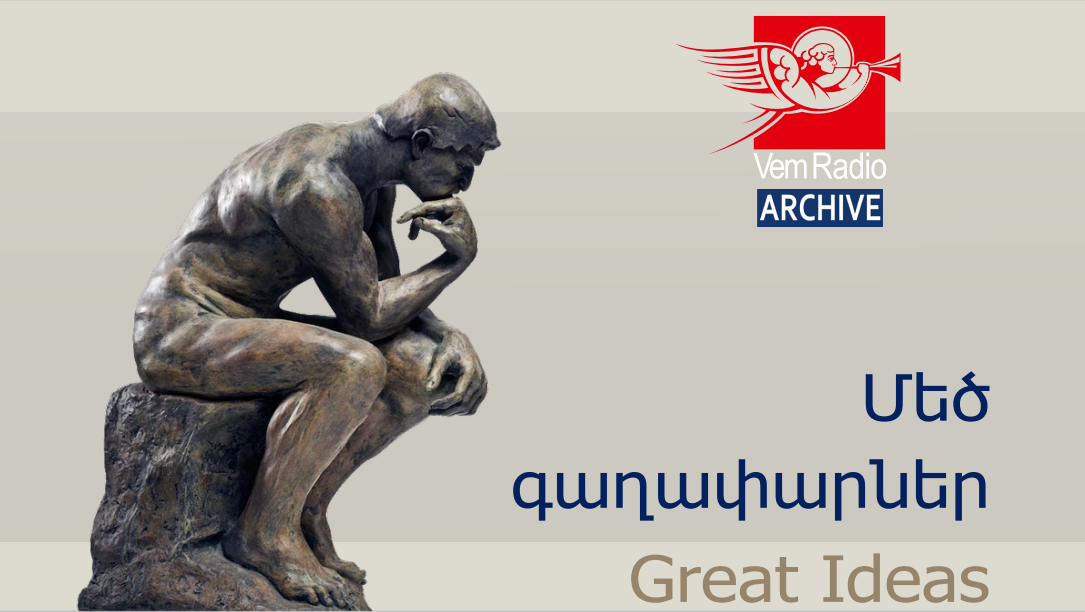
Relativism
Relativism is an idealistic teaching about the relativity, conditionality, and subjectivity of human perception. Having accepted the relativity of knowledge, relativism denies the objectivity of perception and considers that the objective world is not reflected in our knowledge.

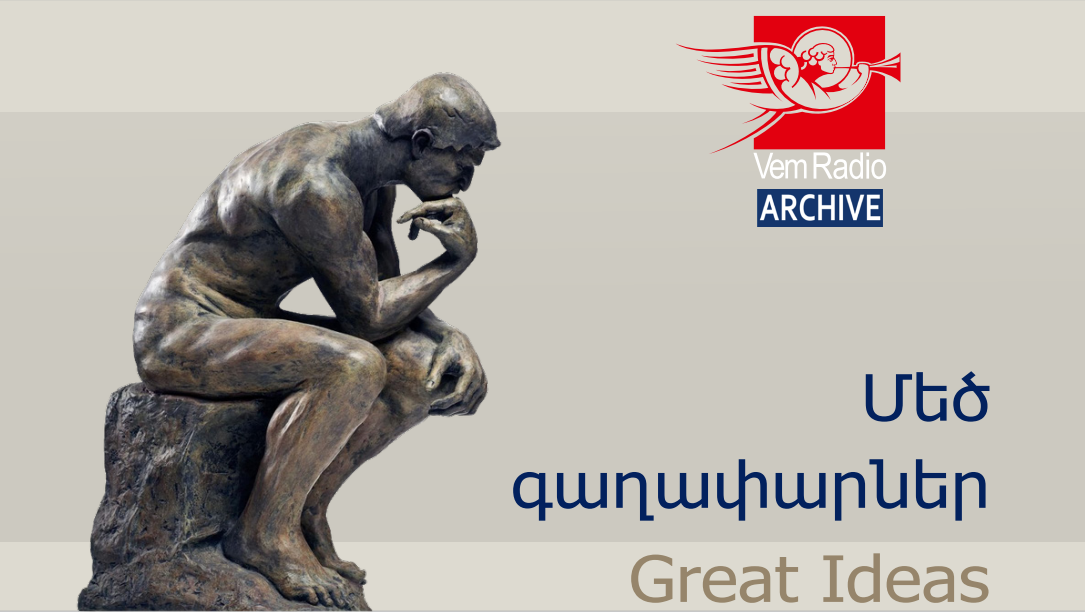
Reason
"The gods have given men the gift of reason, greatest of all things that we call our own," said Sophocles in the 5th century BCE, poetically expressing an ancient opinion, according to which reason and rational thinking have an important role in human self-consciousness and in understanding one's place in the world.

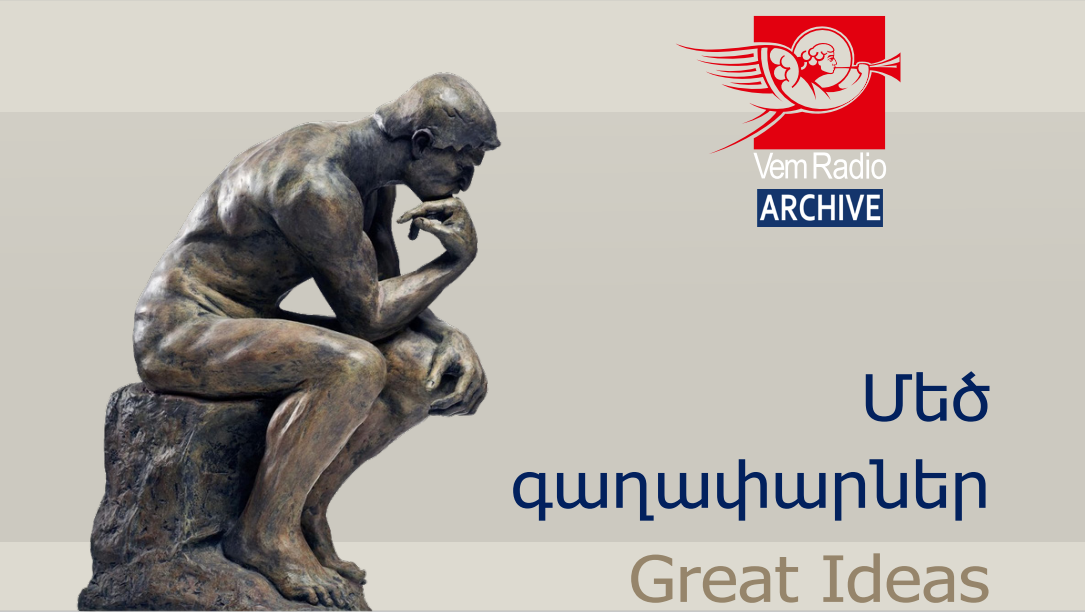
Scepticism
Skepticism that originated in Ancient Greece developed in contrast with dogmatism, which had a finally formulated opinion on the situation on the earth and in heaven. Anticipating the questions that would resurface 2000 years later, Greek skepticism was born from several factors. Firstly, it emerged from the perception of the fathomless abyss between outward seemingness and real situations. Secondly, it stemmed from the realization that our attempts to understand the world can often alienate us from the truth, as there will always be opposing examples that challenge our pursuit of knowledge.

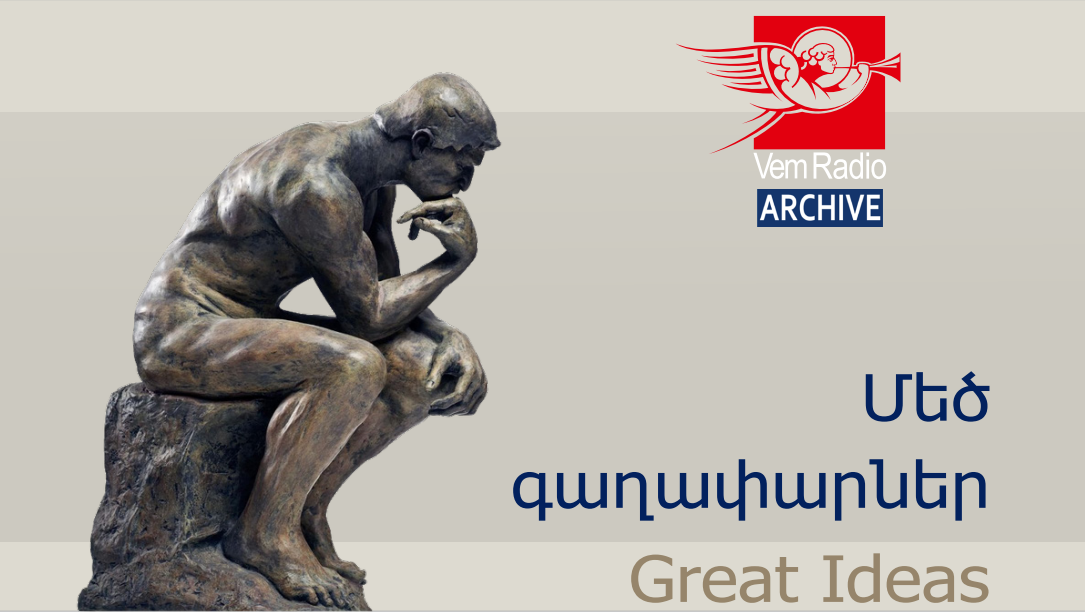
Liberty
"Is life so dear, or peace so sweet, as to be purchased at the price of chains and slavery? Forbid it, Almighty God! I know not what course others may take; but as for me, give me liberty or give me death!" This is how Patrick Henry expressed his attitude toward deprivation of liberty in 1775.

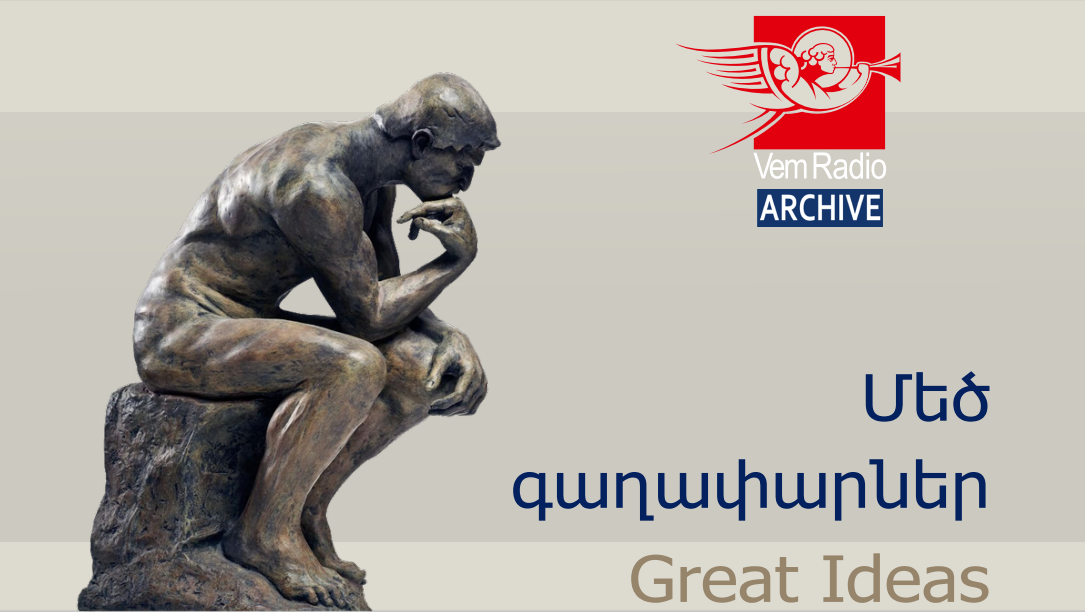
Altruism or Love for Others
Since the classical times, the idea of sincere altruism caused doubts in many researchers. Some sophists, hired professional philosophers, who debated with Platonic Socrates, tried to prove with eloquence that good-natured disposition toward other humans is only an external thing, and if benefactors are “scraped” a little, their selfish interest will be revealed immediately. Modern philosophers insist that either people are ruled by their personal interests, which is a psychological egoism, or their behavior must be governed by such motivations, which is an ethical egoism.

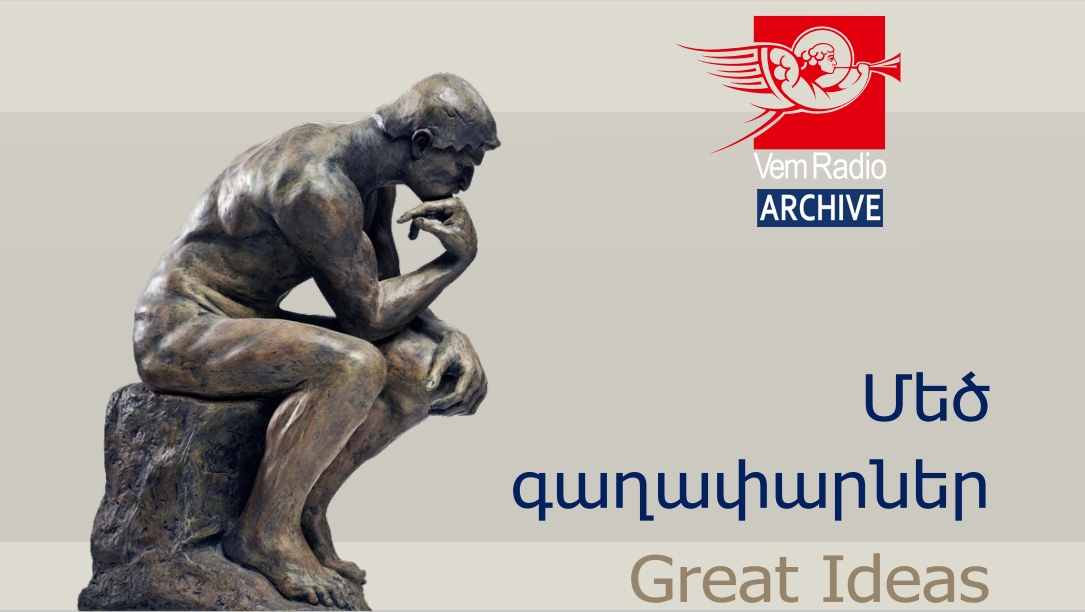
The Golden Rule
The Golden Rule, whose simple formulation is found in the saying "Do unto others as you would have them do unto you," is one of the most common moral principles. This rule, evoking the basic moral feelings of humans, is reflected in all religious traditions in one way or another, and almost no philosopher bypassed it in his own theories.

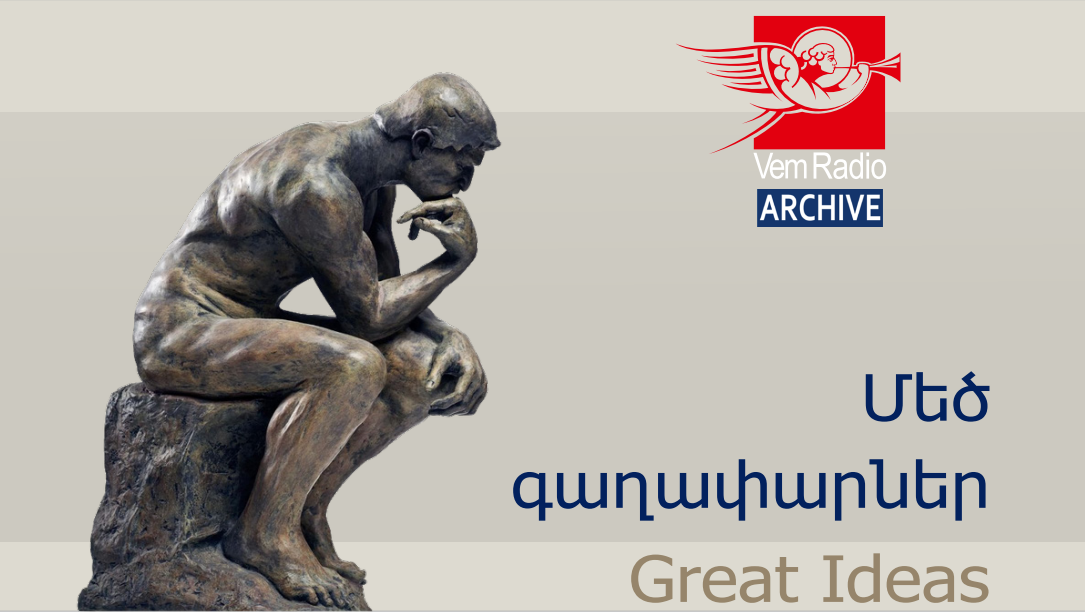
Aristotle and His Followers
For medieval thinkers, Aristotle was simply a Great Philosopher. By his authority, he surpassed other philosophers so much that it wasn't necessary to present him with an additional characterization. After Thomas Aquinas managed to combine masterfully the teaching of Aristotle with the Christian theology in the 13th century, it became a new confession and conviction of faith.

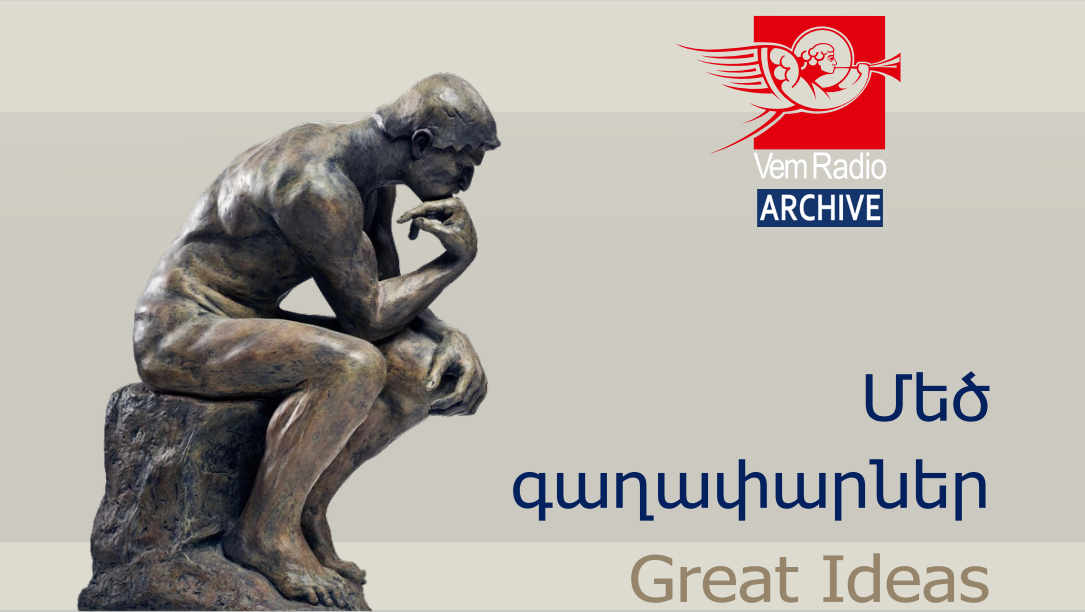
Platonism
"All European philosophy is only notes on the margins of Plato's works." This expression is rather striking than correct, but the fact that this statement is made by a philosopher like Alfred Wighthead confirms the reverence that philosophers of the late period had toward the citizen of Athens, Plato, who lived almost 2400 years ago.
